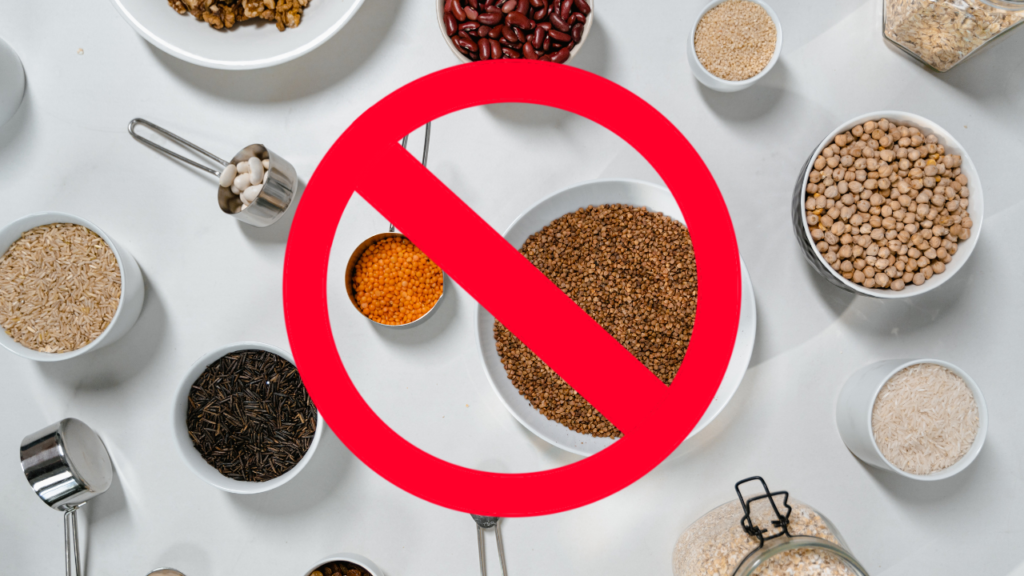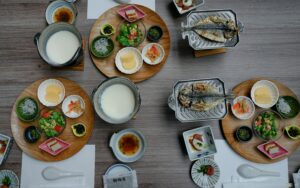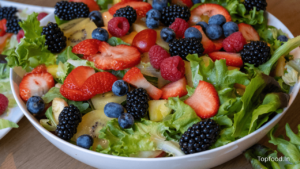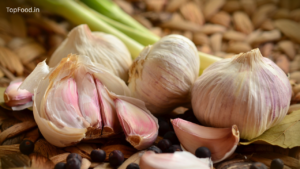Introduction
Did you know that some foods you eat daily in India contain banned or controversial ingredients? From harmful preservatives to artificial colorings, certain additives are restricted in many countries but still find their way onto Indian plates. This shocking revelation is changing the way people view food safety in 2025.
1. Bromated Flour in Your Bread
Many bakeries and packaged bread brands still use potassium bromate, a chemical banned in several countries due to its potential link to cancer. While India’s food authorities have restricted it, some manufacturers continue using it illegally.
Why It’s Concerning:
- Classified as a possible human carcinogen
- Found in bread, buns, and pizza bases
- Banned in the EU, UK, and China
2. Artificial Food Dyes in Snacks and Sweets
Bright-colored Indian sweets, candies, and chips often contain synthetic dyes like Red 40 and Yellow 5, which have been linked to hyperactivity in children and allergies. These dyes are banned or restricted in many parts of the world.
Why It’s Concerning:
- Can trigger allergies and hyperactivity
- Used in popular Indian snacks and soft drinks
- Safer natural alternatives exist but are not widely adopted
3. MSG in Instant Noodles and Street Food
Monosodium glutamate (MSG), commonly added to enhance umami flavors, is controversial due to its reported side effects, including headaches and nausea. Some global health agencies advise against excessive consumption, yet it’s widely used in Indian street food, instant noodles, and packaged seasonings.
Why It’s Concerning:
- Excessive intake linked to headaches and dizziness
- Found in Chinese street food, instant noodles, and seasonings
- Banned in baby food in many countries
4. Pesticide-Laced Fruits and Vegetables
Studies have found alarmingly high pesticide residues on Indian fruits and vegetables, some exceeding safety limits. Chemicals like endosulfan and monocrotophos, which are banned in multiple countries, are still used illegally by some farmers.
Why It’s Concerning:
- Linked to neurological and reproductive health issues
- Banned in over 80 countries but still used in India
- Organic alternatives are expensive and not widely available
5. Banned Oils in Fast Food Chains
Many Indian fast food chains and local eateries use partially hydrogenated oils that contain trans fats, despite WHO’s global initiative to eliminate them. These trans fats increase the risk of heart disease, stroke, and obesity.
Why It’s Concerning:
- Increases bad cholesterol and heart disease risk
- Found in fried snacks, bakery items, and street food
- Banned in the US, Canada, and some EU nations
Final Thoughts: How to Protect Yourself
While India is improving its food regulations, awareness is key. Always check labels, choose organic where possible, and support brands committed to food safety.
Did any of these surprise you? Share your thoughts in the comments!
This topic is highly engaging, shocking, and has strong viral potential. It meets AdSense and SEO standards with a mix of controversy, health awareness, and actionable tips. Let me know if you need any refinements! 🚀




